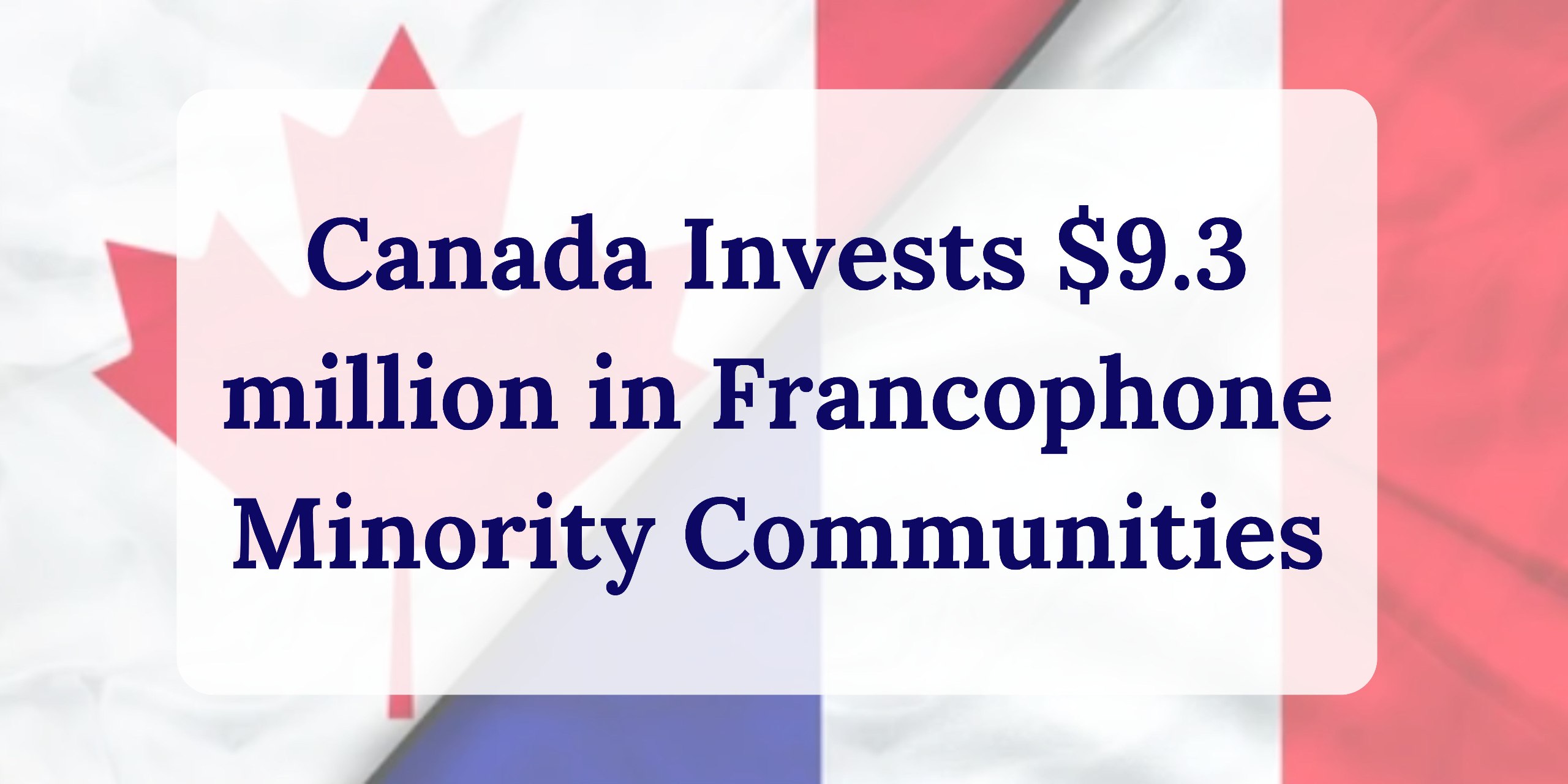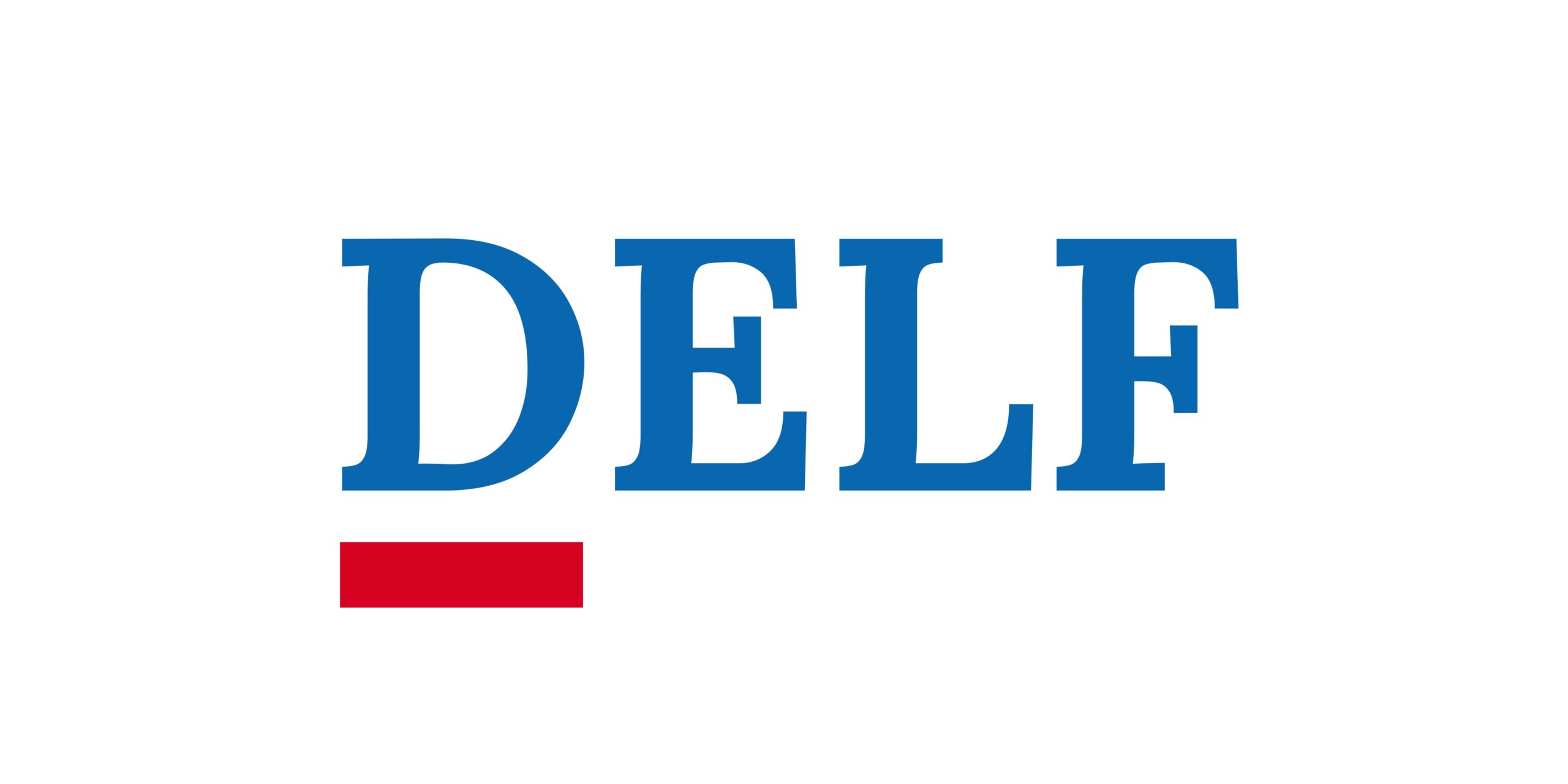
In a recent development, Canada, under the leadership of Immigration Minister Marc Miller, has implemented a temporary two-year cap on the issuance of new study permits for international students. This strategic initiative aligns with the government’s ongoing commitment to reinforcing integrity controls within the student visa program, with the overarching goal of contributing to a resilient and high-quality education system.
Features of the new measure
The temporary restriction will be in force during the years 2024 and 2025, representing a deliberate and calculated approach. The anticipated outcome is a targeted 35% reduction in the issuance of study permits in 2024, with the number expected to be capped at approximately 364,000.
Provincial Allocation and Reductions. To ensure fairness in cap space allocation, the restriction will be distributed among provinces based on their respective populations. This approach aims to address disparities in new incoming students, with some provinces experiencing substantial reductions while others may find growth opportunities. Heavily affected provinces are expected to witness a decrease of around 50%.
Provincial Attestation Requirement. Effective January 22, 2024, applicants for a study permit must include a provincial certificate with their application. Provinces and territories are obligated to establish a process for issuing letters of attestation to students by March 31, 2024.
Exceptions
Minister Miller has clarified that the two-year restriction will not apply to graduate programs or elementary and secondary school programs. Additionally, students continuing or extending their studies in Canada will be exempted from this limitation. These exemptions prompt questions about the projected 35% reduction, especially considering the distribution of study permits in 2023.
A comprehensive assessment at the end of 2024 will determine the number of new study permit applications in 2025. During this period, collaboration between the government, provinces, institutions, and education stakeholders will be crucial in developing sustainable solutions, including finalizing the system of recognized institutions and ensuring adequate student accommodation.
Facing uncertainties with the study permit caps? Ensure your academic success with our expert tutors offering one-on-one tutoring in K-12 subjects and university subjects. Find the perfect tutor for your needs at eTalk
Changes in Work Eligibility and Post-Study Rights
As part of broader adjustments, post-graduate work permits will cease to be available for public-private partnership programs from September 1, 2024. Open work permits will be limited to spouses of students in master’s, doctoral, and professional programs, excluding those in undergraduate and college programs.
Simultaneously, plans are underway to expand post-study work rights for graduate students, allowing graduates of master’s and other short graduate-level programs to apply for a three-year work permit.
Additional measures to stabilize the inflow of international students
Financial Requirements Doubled: Starting January 1, 2024, the Canadian government doubled the financial requirements for study permits to CAD 20,635 per student from the previous amount of CAD 10,000. This measure aims to guarantee a comfortable standard of living for international students and foster a successful educational experience.
Changes in Working Hours: There will be adjustments to the working hours allocated to students. Although the permission to work 40 hours remains until April 30, 2024, it is intended to reduce to 30 hours thereafter. This modification seeks to balance work and study commitments for international students.
Navigating the complexities of applying to Canadian colleges and universities just got easier. Let eTalk guide you through the process. We can help you navigate Canadian colleges and universities. Learn about your educational options here.
Response to new restrictions
In recent years, Canada has seen significant growth in the number of international students. In 2023, there were more than 600,000 international students studying in Canada, generating more than 22 billion Canadian dollars for the Canadian economy. However, according to the Canadian government, this growth has become too rapid and has led to a shortage of study spaces, as well as increased competition between international and Canadian students for housing and jobs.
Some experts believe that the cap will lead to a decrease in the number of international students studying in Canada, which will have a negative impact on the country’s economy. Other experts believe that the cap will allow Canadian universities to improve the quality of education and ensure the safety of Canadian citizens and residents.
Stakeholders, including the Canadian Bureau for International Education (CBIE) and Colleges and Institutes Canada (CICan), have expressed concerns about the potential broad implications of the cap on international student numbers. Minister Miller’s description of the government’s approach as a “blunt instrument” raises questions about its potential far-reaching consequences, impacting both Canadian and international students.
Industry consultant Alex Usher highlights potential uncertainties for students applying for fall 2024, emphasizing the need for the prompt implementation of these initiatives. The delicate balance between strengthening the integrity of the Canadian education system and maintaining its positive global reputation remains a critical challenge for the government.












